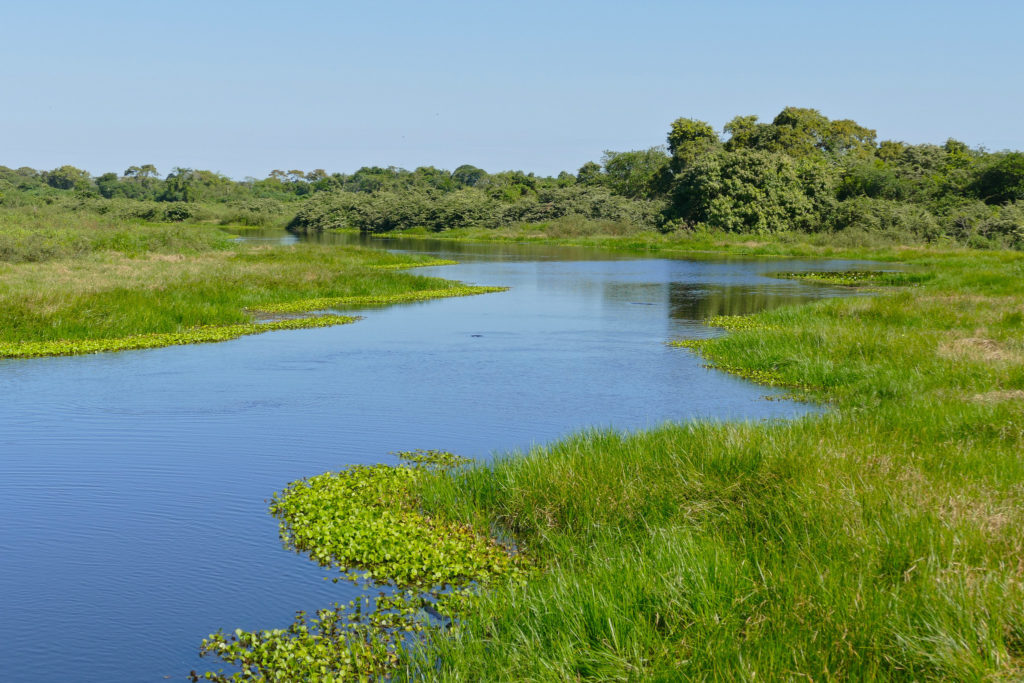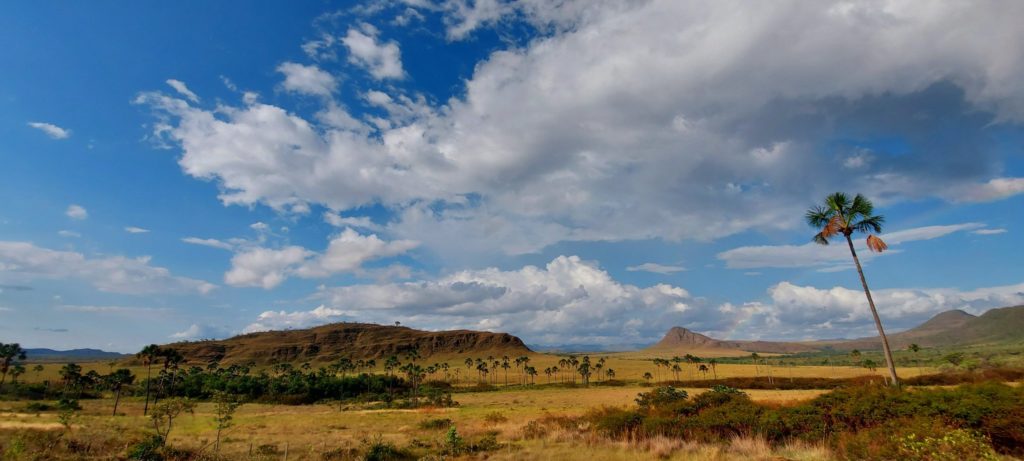The European Commission has finally published its long-awaited proposal to reduce EU-driven deforestation, after years of pressure from the Greens/EFA and NGOs. Greens/EFA MEPs, Marie Toussaint (FR), Heidi Hautala (FIN), Tilly Metz (LUX), Ville Niinisto (FIN), Anna Deparnay-Grunenberg (DE-FR), Rosa d’Amato (IT), Anna Cavazzini (DE) and Grace O’Sullivan (IRL) argue that this deforestation law is an important step, but big improvements are needed if the law is to effectively end the EU’s complicity in the global destruction of nature and violation of human rights.
At last, the Commission has published its long-awaited proposal to reduce the EU’s contribution to global deforestation and forest degradation. Europeans need to be sure that nothing they add to their shopping baskets will make them complicit in the destruction of natural forests. The new deforestation law is sorely needed. The EU is responsible for 16% of tropical deforestation linked to internationally traded commodities such as meat, palm oil or soy.
With this new law, the European Union will oblige businesses to check, through a process called “mandatory due diligence”, that whatever they sell in Europe does not come from land where forests have been degraded or cleared entirely to make room for agricultural production.
Unfortunately, the final proposal from the Commission has some major gaps that would, if written into law, severely undermine its effectiveness.
Loopholes in the deforestation law: important products and ecosystems left out
The European Commission wants to stick to six commodities that can pose a serious risk to forests: beef, palm oil, soy, coffee, cacao and wood. But scientists have warned that the EU should not exclude certain commodities “prematurely” from its legislation. The production of rubber and maize, for example, is also known to cause deforestation.
The Commission wants the new deforestation law to protect forests but not other valuable ecosystems like savannahs, wetlands and peatlands. It says these can be added at a later point in time.
If these loopholes are not closed, there is a risk that the new deforestation law will trigger adverse effects. Companies could begin clearing forests for rubber instead of cocoa, or shifting destruction from forests to nature-rich ecosystems like the Pantanal wetlands or Cerrado savannah.
(LEFT) Cerrado savannah, Brazil / Brasil – Goiás – Chapada dos Veadeiros – Jardim Maytrea A. Duarte Flirck CC BY-SA 2.0
The EU deforestation law – a free pass for human rights abuses and for banks profiting from rainforest destruction
In the European Commission’s new deforestation proposal, companies do not have to check whether commodities are linked to human rights violations. This is an indefensible failure to defend human rights. The conversion of rainforests and other precious ecosystems to agricultural land is often linked to land-grabbing, violence, and adverse human rights impacts, particularly for Indigenous Peoples. The EU must not be complicit in human rights abuses just as it must not be complicit in tropical deforestation.
The proposal also turns a blind eye to financial organisations that prop up companies involved in the destruction of nature with investments, loans or other services. Between 2016 and 2020, banks and asset managers based in the EU generated €401 million in revenues on deals with companies accused of destroying tropical forests.
Lack of proper checks for commodities originating in certain countries
The European Commission wants to lower requirements for companies sourcing products and commodities from so-called “low risk countries”. This could create a loophole allowing operators to launder commodities produced in “high risk countries” by trading them through “low risk countries”.
Clearly, any law is only as good as its enforcement. If the EU adopts a ‘paper tiger’, with a deforestation law that looks fierce but is ineffectual in practice, it will continue to drive the destruction of fragile ecosystems around the world.
European Commission proposal to stop EU-driven deforestation: important improvements needed
There is a big task ahead of us. At the end of its legislative journey, we must pass a deforestation law that does two key things: firstly, the law must force companies to show that their supply chains are completely clean of nature destruction and human rights abuses. Secondly, the law must require banks operating in the EU to show that their investments are not contributing to these outcomes.
If we do not hold the companies that profit from these practices to account, the EU’s recent commitment to spend a billion euros to protect the world’s rainforests would be like throwing money into the wind. Neither would the EU be able to honour its COP26 pledge to do its part to “halt and reverse forest loss and land degradation by 2030”.
The EU should be leading the global fight to protect our forests. We cannot give a free pass to the companies responsible for destroying our precious ecosystems and gross violations of human rights. European consumers must be sure that our grocery shopping doesn’t accidentally bankroll rainforest destruction. The European Commission’s proposal makes some very good suggestions, but is lacking teeth. We need to make sure that our new deforestation law is not all bark and no bite.
Read more on this topic on our campaign page.


4 thoughts on “New EU deforestation law could fail to protect our precious ecosystems – we’re not out of the woods yet”
Comments are closed.